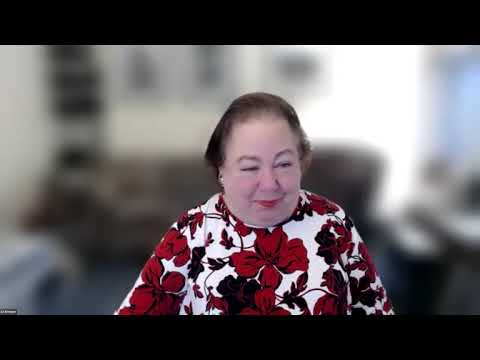
After Stints in Hospital, a Struggle With Bills
By NICOLE HIGGINS DeSMET
This May, when James Connolly, a slim New York City native with a slight stoop and a shock of white hair, started life anew, he took the downtown E train, carrying bags of his clothes and all the history books he could fit.
He had said goodbye to a five-story walk-up on East 50th Street that put a terrible strain on his heart, to constant worries about how he was going to pay his rent and to notices from his landlord to get out.
Mr. Connolly, 71, known as Jay, used to work in telecommunications until the Internet changed the industry overnight and left him “a dinosaur,” he said. He retired in 2001, but found occasional acting work as an extra and volunteered at the Holy Family Shelter on East 47th Street.
Then, two years ago, after a stress test, he learned he had an arrhythmia, an abnormal heartbeat.
“They told me they wouldn’t be responsible for my life if I didn’t go into the hospital that afternoon,” he recalled.
Less than a week later, after a collapsed lung and two pulmonary embolisms because of surgical complications, Mr. Connolly had a new defibrillator in his chest.
“I’d never been to the doctors since 1959, and so I never thought I was ever going to be sick,” he said. “And then, you know, all of sudden you’re in the hospital, and it’s such a strange thing.”
Mr. Connolly, who says he has no family and has never been married, is the kind of person who walks his friends’ dogs, but even his own friends found it hard to climb the five flights of stairs to visit after he returned home from the hospital.
Then, one snowy night in February 2009, the defibrillator went off while he was on Third Avenue, signaling heart trouble. He contacted his doctor, who told him to come in immediately. But because he dreaded the thought of being hospitalized again, Mr. Connolly went home instead.
“I didn’t want to be any trouble,” he said. “It was very, very difficult, but I walked up the five flights of stairs, and I sat there till I stabilized.”
Eventually, Mr. Connolly thought better of it, trudged back down the stairs and caught the Third Avenue bus to meet his doctor, who promptly had him rushed to Lenox Hill Hospital. “And that was pretty much it,” said Mr. Connolly, spreading his fingers wide as he spoke of his life after Amiodarone, a drug as notorious for side effects like extreme sleeplessness as for its benefits in treating arrhythmia.
After several stints in the hospital, Mr. Connolly found himself in a battle with bills, and he was losing.
“You get sick worrying about it,” he said, adding, “It was a devastating time.”
Mr. Connolly receives $870 a month in Social Security benefits, $518 a month in Supplemental Security Income and $200 in food stamps. But he fell behind on his rent, amassing a debt of $1,712. When he got an eviction notice from his landlord in September 2010, fellow volunteers at Holy Family put him in touch with United Neighbors, an organization dedicated to helping older New Yorkers continue living independent lives.
The agency, working with State Senator Liz Krueger’s office, provided him with eviction intervention services. The lawmaker’s office mediated a settlement with the landlord, and a judge ordered the landlord to fix Mr. Connolly’s refrigerator and to make repairs. “But the major thing they did,” Mr. Connolly said of United Neighbors, “is help you help yourself.”
He said he was especially grateful to Peter Travitsky, a former social worker at the agency. “I got to tell you, without him I probably would have jumped out my window,” he said. “But I would have hit the building. There was about three inches between the buildings!”
Still, Mr. Connolly had to walk up those five floors. But days after his landlord served him another eviction notice this May (he had been late with the rent), he received a call from Mr. Travitsky about an apartment on West 54th Street at Clinton Gardens, which provides subsidized housing for seniors.
“I had to sign the lease before seeing the apartment,” Mr. Connolly said.
“I said, ‘Whatever it is, I’m better off than where I am,’ ” he recalled with a soft laugh.
But moving remained a challenge. United Neighbors sought assistance for him from the Federation of Protestant Welfare Agencies, one of the seven agencies supported by The New York Times Neediest Cases Fund. The fund granted Mr. Connolly $900 for moving and other expenses. The company moved the heavy furniture, and he, “not wanting to be a burden,” he said, packed the lighter essentials and took the subway.
His new place is neat, well lighted and simply furnished. The rent is $1,126 a month. A registered nurse is on staff. Most important, the building has an elevator.
Recently, Mr. Connolly was preparing to head off to SoHo for a television audition. Smiling widely, he said, “I’m perfectly cast as an old guy.”
New York Times



